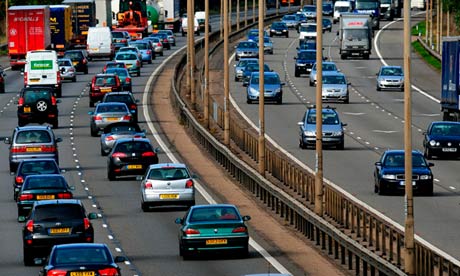By Joe Baur at Article 3
 American Millennials returning to urban cores across the country has become a familiar narrative. So too, has that of Millennials ditching the car in favor of living in walkable and bikeable neighborhoods. Study after study has confirmed both points and cities are reacting accordingly to accommodate the changing demographics.
American Millennials returning to urban cores across the country has become a familiar narrative. So too, has that of Millennials ditching the car in favor of living in walkable and bikeable neighborhoods. Study after study has confirmed both points and cities are reacting accordingly to accommodate the changing demographics.
But cities can only do so much. In the course of these shifting demographics, Millennials have shown a growing preference for a more sustainable, eco-friendly existence. More than any other generation, they seem to be more keenly aware of how humans have impacted the world.





Comments